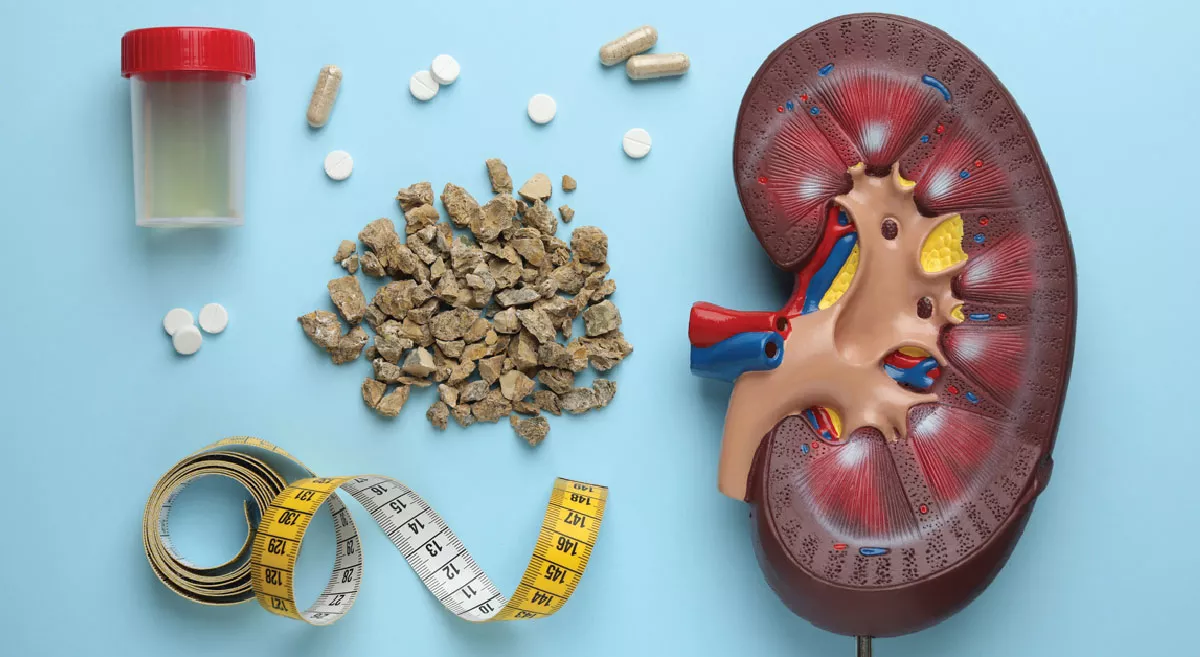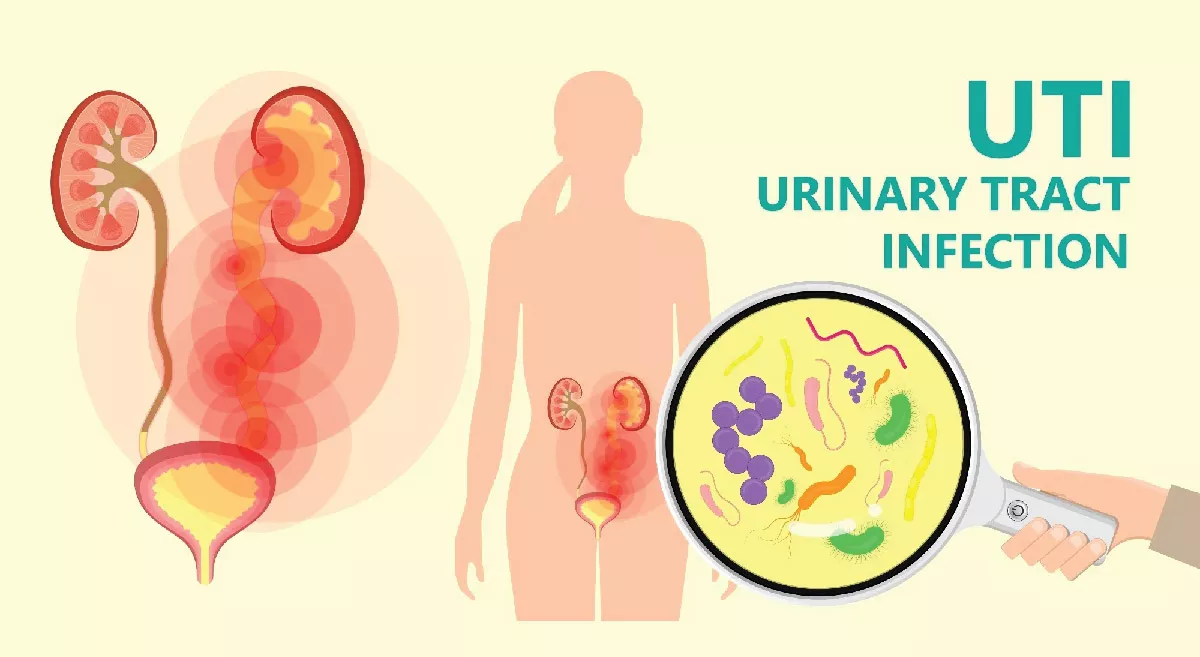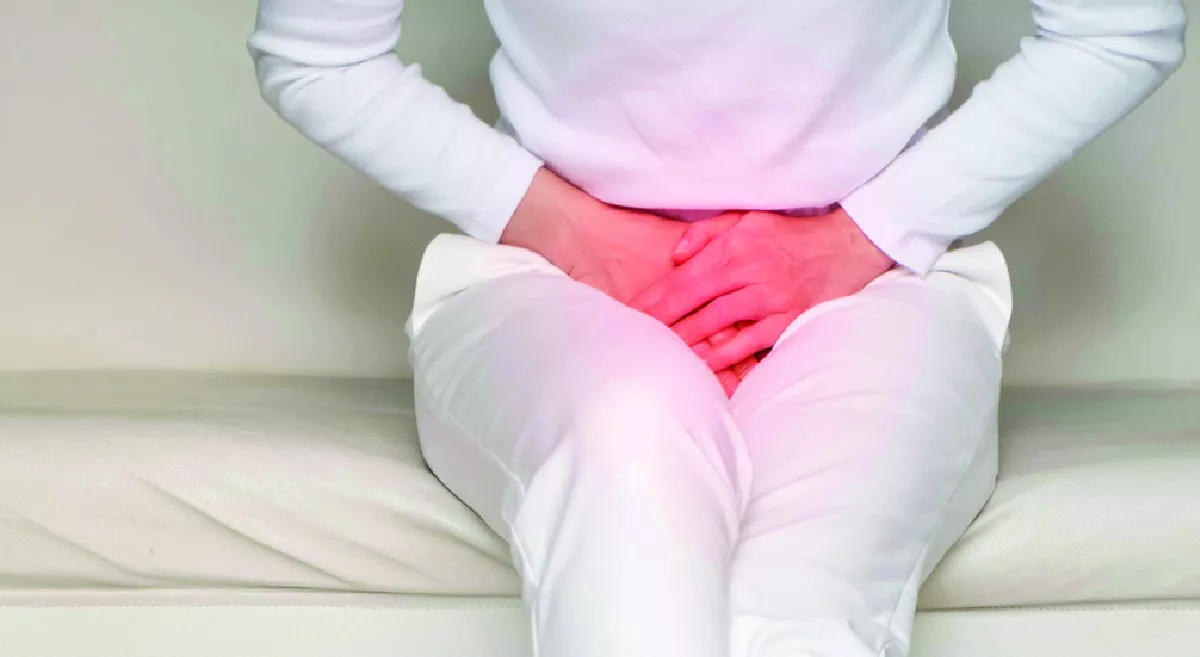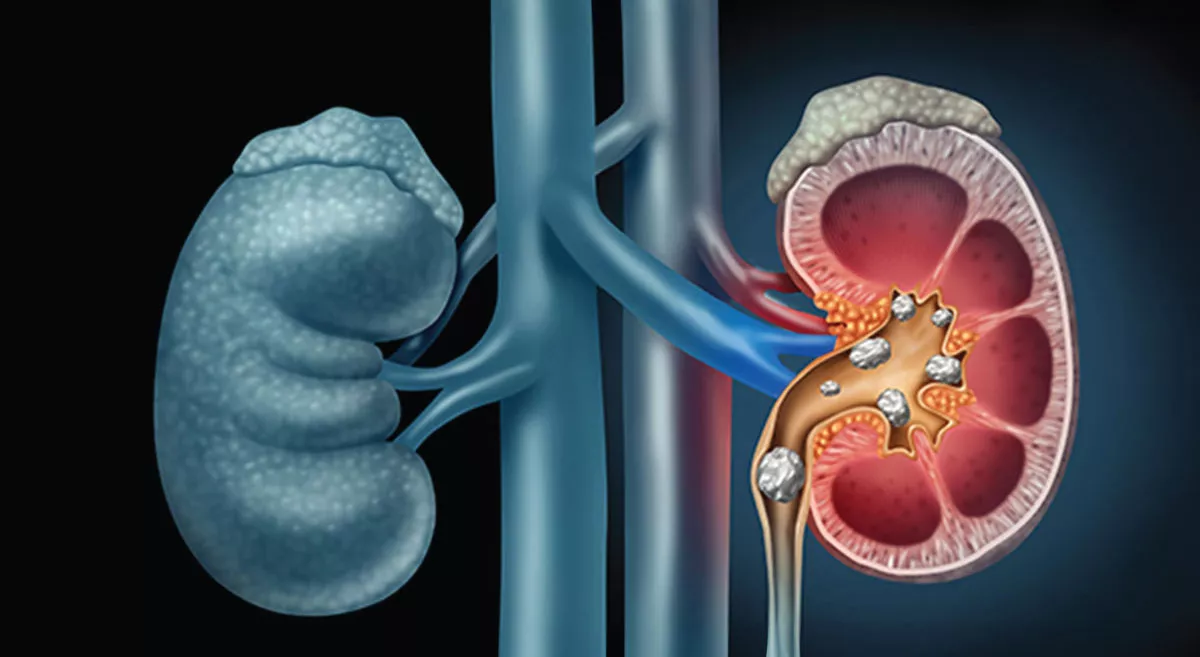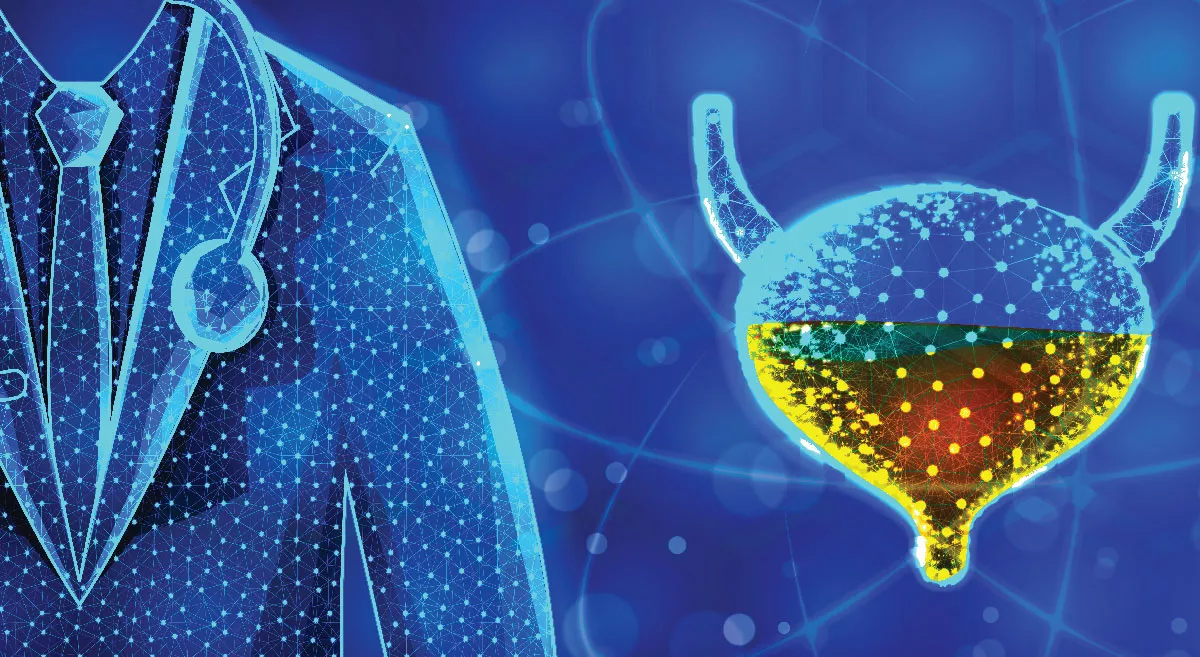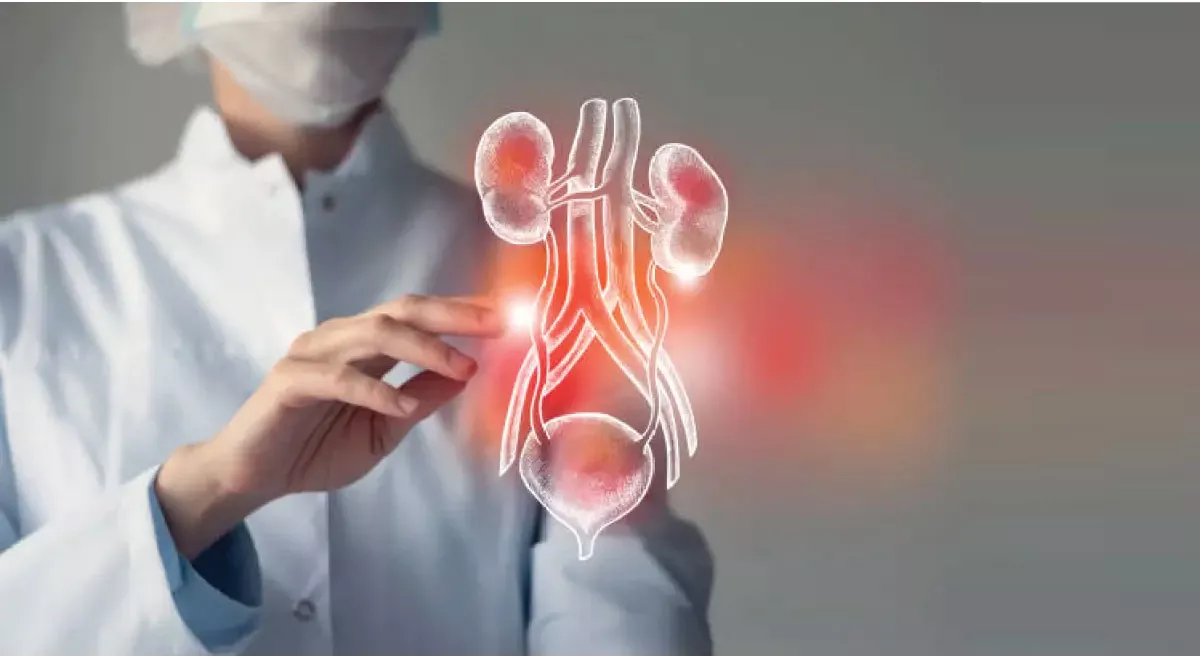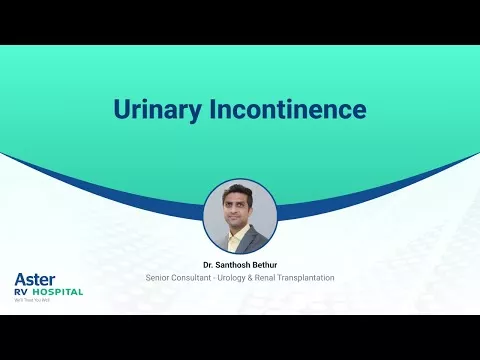Introduction
Kidney stones are mineral crystals formed inside the kidneys. They are also known as calculi, urolithiasis, or nephrolithiasis and can be quite painful when passing through the urinary tract. Kidney stones are common and can be prevented with proper lifestyle choices and treated effectively when they occur.
Kidney Stones: Causes and Risk Factors
Kidney stones develop when substances like calcium, oxalate, and uric acid become concentrated in the urine and crystallize. Common risk factors include:
- Dehydration: If you do not drink enough water, you increase the risk of developing kidney stones
- Diet: Consuming high amounts of oxalate-rich foods, such as spinach, almonds, cashews, potatoes, okra, sweet potatoes, and animal protein can lead to the formation of kidney stones.
- Family History: A genetic predisposition to forming kidney stones may be passed down.
- Medical Conditions: Hyperparathyroidism, gout, and urinary tract infections (UTIs) can increase the risk.
Top Tips for Preventing Kidney Stones
Stay Hydrated
- Drinking fluids (water, herbal tea, lime water, etc.) can prevent kidney stones. Adequate hydration helps dilute urine, reducing the concentration of minerals and salts that can form stones.
- Ensure 2-3 liters of water daily.
- Monitor Urine Color: Clear or light yellow urine indicates good hydration, while dark yellow urine suggests dehydration.
Eat a Balanced Diet
Diet is crucial in preventing kidney stone formation. Here’s what to focus on:
- Limit salt intake: Excess sodium can cause calcium build-up in the urine, increasing the risk for stone formation. Be mindful of sodium in sauces, salad dressings, pickles, etc.
- Moderate oxalate-rich foods: Pairing curd or yogurt with oxalate-rich foods like Spinach, nuts, etc., can reduce oxalate absorption.
- Increase calcium intake: Optimum calcium levels can lower the risk of kidney stones. Ensure enough dietary calcium, but avoid excessive calcium supplements.
Limit Animal Protein
- Diets high in animal protein (red meat, poultry, eggs) can increase uric acid levels and lower urinary citrate, a natural inhibitor of stone formation.
- Incorporate more plant-based protein sources like lentils and tofu to balance your diet.
Limit Sugary and Processed Foods
- Excessive sugar and processed foods can contribute to kidney stone formation. Avoid sugary sodas and limit processed foods high in sodium and sugars.
Maintain a Healthy Weight
- Regular physical activity such as walking, jogging, stretching, etc., and a balanced diet can help manage weight, and reduce the risk of stone formation.
Best Treatment Options for Kidney Stones
The treatment options depend on the size and severity of the kidney stones:
- Drinking fluids can help flush out small stones naturally.
- Medications such as pain relievers, alpha-blockers, potassium citrate, etc., can help manage pain and facilitate the passage of stones. Always consult with a healthcare provider before trying these medications.
- Extracorporeal Shock Wave Lithotripsy (ESWL). ESWL uses shock waves to break larger kidney stones into smaller fragments that can be passed through urine.
- Ureteroscopy. This procedure involves passing a thin tube with a camera through the urinary tract to locate and remove or break up stones.
- Percutaneous Nephrolithotomy (PCNL). In cases where stones are too large for ESWL, PCNL is used. This involves making a small incision in the back to access and remove kidney stones directly.
Conclusion:
Kidney stone prevention and treatment require a combination of lifestyle adjustments, dietary changes, and, when necessary, medical intervention. Staying hydrated, adopting a balanced diet, and understanding treatment options are essential for reducing your risk of kidney stones, maintaining a healthy urinary system, and avoiding future complications. For further details and assistance, please reach out to Aster RV Hospital. You deserve the best care
